If police investigated this case thoroughly would they have prevented the Boston Marathon bombing?
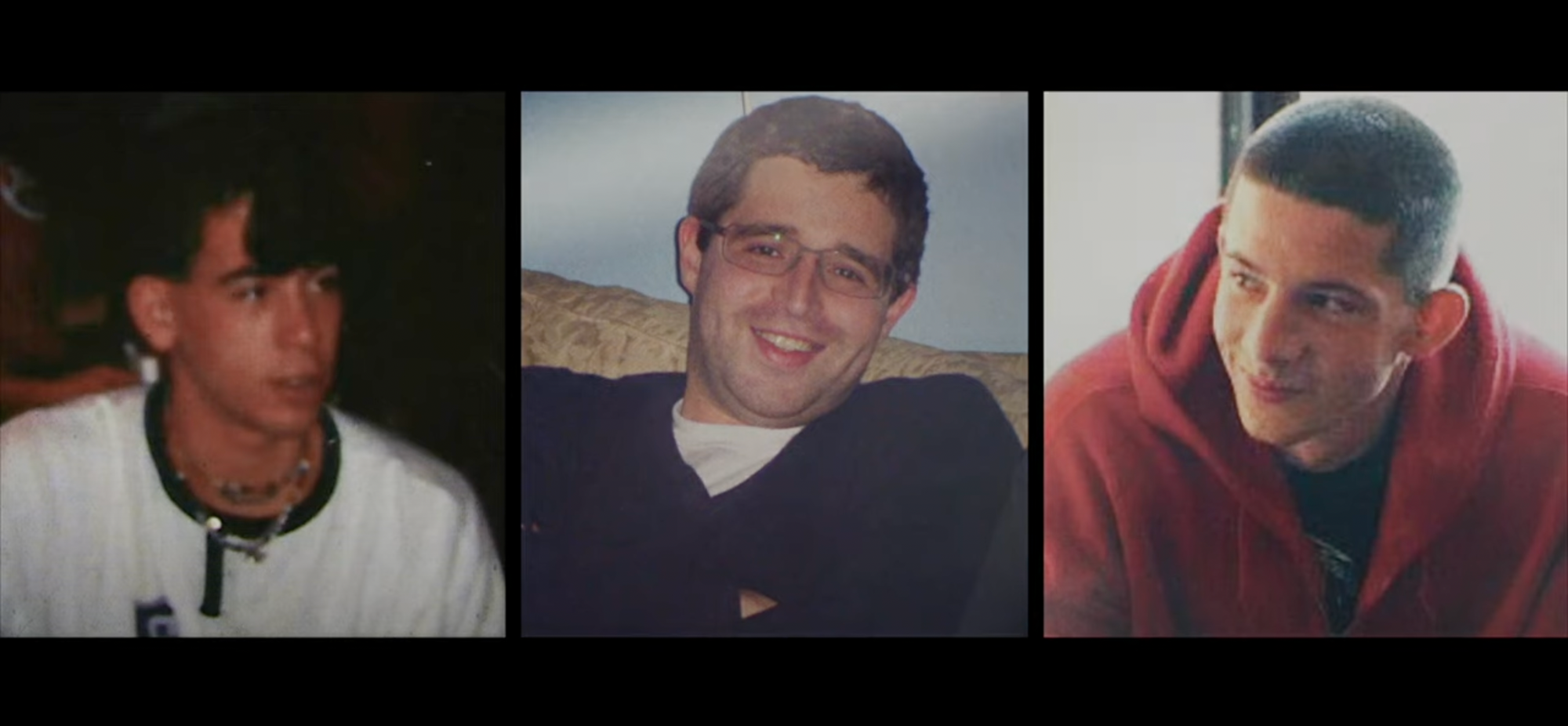
In 2011 three men were brutally murdered in Waltham, Massachusetts, a city a few miles outside of Boston. Those three men, Erik Weissman, Brendan Mess, and Rafi Teken, were found with their throats slashed – almost decapitated – in what was described at the time as “a bloodbath.”
Strangely, the crime scene seemed to have been arranged in the aftermath of the killings to send some sort of message: It was the tenth anniversary of 9/11, $5,000 in cash was left behind, with cash thrown all over, meaning it likely wasn’t a random or drug crime robbery, and their bodies were sprinkled with a large amount of marijuana.
Almost eleven years later no one has been charged with the murders, which is odd given the grisly nature of the crime. Few suspects have been fingered either. But local and state police seemed to have had little urgency in trying to solve it from the very start. Tips were ignored, and little outreach was done to the public in terms of gathering leads – one very momentous one in particular wasn’t followed thoroughly enough to the Commonwealth's horror – and the families of the victims have said they were treated as something of an afterthought by cops. It could be this was due to the typical indifference to and dehumanization of “drug dealers” that police and their allies in local news media always employ. (There was reportedly marijuana being sold out of the apartment, and this was still a few years before decriminalization here.)
Or perhaps there was something else going on.
A reporter named Susan Zalkind was a friend of Erik Weissman’s. She also happens to be a friend of mine. In the new three part docuseries The Murders Before the Marathon (out on Hulu September 5) based on ten years of her extensive reporting from Boston to Florida, Zalkind poses a question that has hung over this case for years:
“If police investigated this case thoroughly, would they have prevented the Boston Marathon bombing?”
Tamerlan Tsarnaev, one of the brothers behind the bombing, had often been over at Mess’ apartment, where the murders took place. At one point he had previously described Mess as his best friend, and they regularly trained together at a boxing gym. Curiously, mutual friends of the group have said, Tsarnaev didn’t attend a memorial for his murdered friend, and exhibited all sorts of other strange behavior afterwards. (He left for six months in Dagestan and Chechnya shortly after the killings, where, according to the series, he apparently got laughed at for being an American dilettante. Seems like he made up for that.)
Grieving over the loss of her friend, Zalkind had taken a step back from reporting for a while after it happened, until there was another development in the story in 2013. A man named Ibragim Todashev, a close friend of Tsarnaev’s, was shot dead by FBI agents in his apartment in Orlando. Todashev had been in the middle of confessing to taking part in the murders in Waltham with Tsarnaev when he apparently, out of nowhere, decided to attack the officers mid-confession. Not exactly standard in terms of confessions.
He was shot seven times including once in the head.
Now he and Tsarnaev, the two most likely culprits in the triple murder, were dead, leaving the families of the victims without any sort of answers or closure.
What law enforcement may or may not have known about Tsarnaev before and after the Waltham murders, what it was Todashev actually said in his confession, why law enforcement – local, state, and federal alike – all seemed to be then, and still seem to be now, so disinterested in closing this case, and the government’s efforts to keep the details of the murders out of Dzhokhar Tsarnaev’s ongoing death penalty trial, are all examined in depth and with care in the series, as well as in Zalkind’s dogged reporting over the years for Boston Magazine and elsewhere.
Her forthcoming book The Waltham Murders: An Unsolved Homicide, a National Tragedy, and a Search for the Truth is available to pre-order now.
I caught up with Zalkind today to talk about the case, the new Hulu series, and her refusal to let the murder of her friend go unsolved. Her attempts over the past ten years to make sure people stop trying to brush aside the killing of her friend, yes, but also one of the most lingering and unanswered questions in the broader narrative of the Boston Marathon bombing.
Subscribe to support this newsletter if you can please and thank you. It's a nice thing to do!
If you want to read a bunch of stuff I wrote about the bombing over the years, including what it was like hiding from the gunfight during the manhunt in Watertown where I lived at the time you can find it all here:
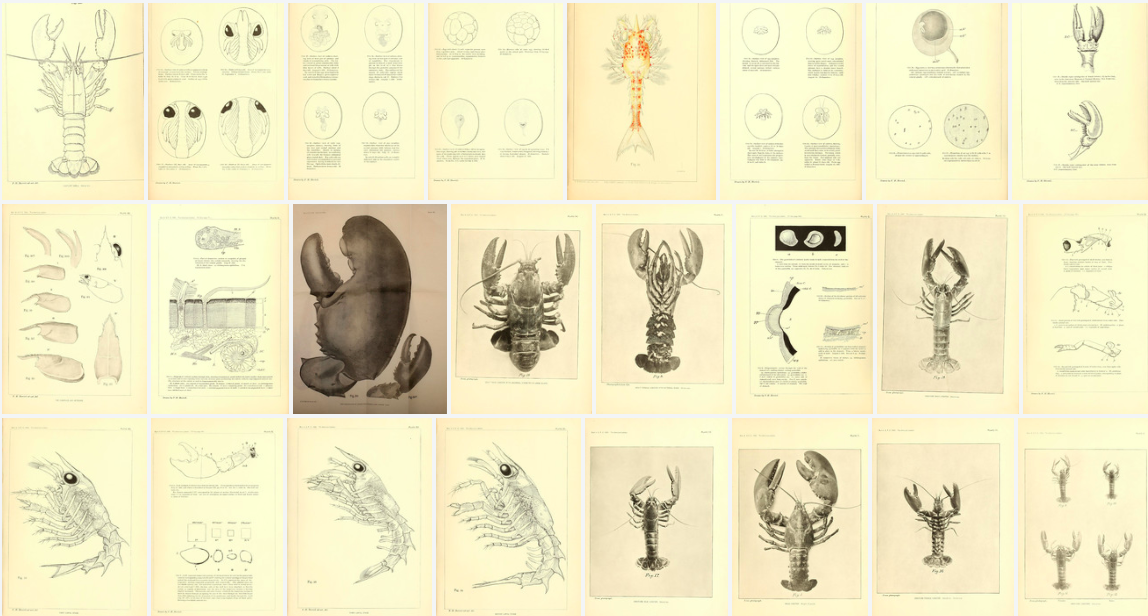
The other day our Hell World in-house counsel Charles Star wrote an explainer on the new developments regarding the very beautiful and perfect, frankly, Bill Barr memo about Trump's obstruction of justice. [I didn't send it out in an email I just posted it to the site so don't worry your subscription isn't fucked.] Read it here:
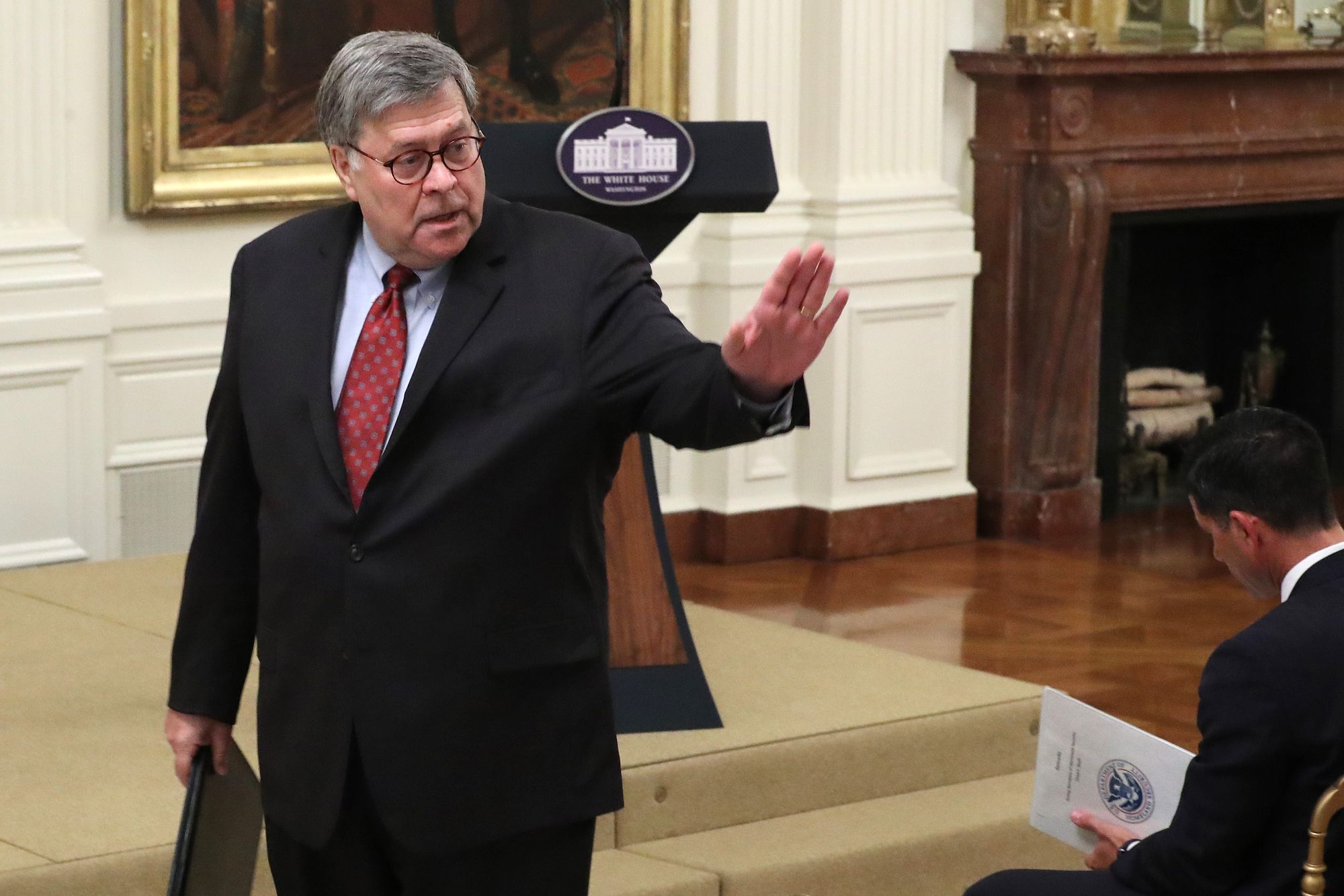
I've shared this one a bunch but considering the recent news fuck it one more time:
"I borrowed $64,500 for grad school in 2008. 12 years of repayments later, I owe $108,500" https://t.co/dy4TlqzhJ6 pic.twitter.com/gMoN0dDlEv
— luke (@lukeoneil47) August 25, 2022
Ok here's me and Susan.
I’m really proud of you for this! I know you’ve been working on it for so long. It seems like a staggering amount of work went into it for, what, ten years now?
It’s been crazy. I was thinking back… I think I met you the day I graduated college. You actually opened up all my freelance doors for me. So thanks for that first, buddy.
That’s nice of you to say.
So we met in those club days, and I was working as a freelancer. [EDITOR'S NOTE: Shout out to Make It New at Middlesex Lounge in Cambridge.] But pretty soon after college this murder happened. I’ve been working on it ever since. It feels surreal.
Look, if I knew this was going to take me ten years to do I probably never would have begun. But I’m glad I did. It was one of those things where, as I started reporting on the case, the deeper it went, the harder it was for me to turn back. It was hard but I did it. I think one component that really drove me and focused me was what I was actually trying to do, the intent of the story. Which was to tell the truth, right? And that no one else was doing it. And as hard as that was, it also, I think, saved me from a lot of pitfalls of ego, and, you know, feelings of "what’s the point?"
It challenged me in ways I’m extremely grateful for. And knowing who Erik was as a person, it’s even more gratifying. He was one of those people, kind of like you, in my early early years, who took me seriously as a writer and a storyteller. I’m going to try not to get teary-eyed about it here, but that was kind of a grounding element through all of this, and through speaking to his family… I thought this was just the right thing to do. And that kept me going.
Right at the top of the series you talk about this idea of how we have a system of governance so we don’t rely on the people emotionally involved in conflicts to have to handle crimes and so on on their own. That’s also sort of similar in “the rules of journalism.” To not be too close to a story. But it seems to me you thought early on, like, wait a minute, nobody in the government, and nobody in the media, seems to give a shit about my friend and his friends being murdered. You must have had to say, fuck it, I’m going to have to be the one to do this.
Ideally I wouldn’t have to do this! Emotionally it was really hard. I had to compartmentalize a lot. I had to do my work, then feel my feelings at the end of the day. When you talk about the origins of “true crime,” a book that’s often pointed to is The Court of Last Resort by Erle Stanley Gardner, which then turned into the Perry Mason series. This really did feel like the last resort for me. There was nowhere else to go. There was no one in law enforcement... At first I thought, ok, my friend was murdered… I actually took a step back from journalism at the time. I thought that law enforcement would take care of it. Because I was so emotionally distraught I didn’t want to get involved. Even after the Boston Marathon bombing, it was horrible, but there was the sense that, ok… Tamerlan Tsarnaev knew Brendan Mess, maybe there’s a connection here? And as terrifying as that was, my thought was, well, now the FBI is going to get involved. All of law enforcement is going to pay attention to this case.
It wasn’t until after Ibragim Todashev was killed, and there was no press, and there was really nowhere to turn, that I kind of said, screw it, and I went for the story myself. I actually reached out to you. You connected me to Boston Magazine to Carly [Carioli] and S.I. [Rosenbaum]. I went to the office and I wasn’t sure what I would be writing about. I only had my college clippings and my experience at NECN. Carly told me to go back and write a pitch. But it was two days after that that I got that call from [Todashev’s girlfriend Tatiana Gruzdeva], and after that it was game over. I wrote a pitch. I quit my day job the next day and flew to Florida and haven’t looked back since.
I want to dig into more of the details of the case itself in a minute, but for you, how did you find the documentary process? Watching it kind of made me uncomfortable. I would not want to do that! Did you like being on camera?
No. It was really hard! Now I feel like I have a better relationship with it. In many ways it was, I won’t say my worst nightmare, but maybe like second worst. What drove me to do it… At first I was hesitant about moving forward with a docuseries because I wasn’t sure what it would add to the story. I had sold my book, and yeah, I needed the money, yeah I want to make docuseries, that idea is really appealing to me. But I wasn’t sure how it would help the case or help my reporting to have cameras there…
Then I got an email from Matt Cook, who was the screenwriter of Patriot’s Day, a very different narrative of the bombing. I had been working on this alone for years. At first I was extremely hesitant about this guy. I hadn’t seen his movies at the time. They’re very well written. I did read about his combat experience in Afghanistan. He’s from Texas. His first day of training was 9/11. I was really skeptical, but we were talking about the people in this story, and I said, well, do you want to knock on doors with me? And he said yes. That’s where I really needed help, talking to a lot of these people. I put myself out there in the beginning. This is not healthy, but when I first started I was so scared, I thought, fuck it, I don’t care if I live or die. I’m just gonna go and do this.
Five years in I thought, ok, I need to maybe take care of myself and not put myself in such dangerous situations all the time. But then how will I finish reporting? The answer was Matt Cook. I think there’s a lot of reporting that I was able to do that’s not even shown in the docuseries, because I had that support.
Another huge benefit for me was teaming up with ABC News Studios. Here was a studio who had the same concerns about ethics and journalistic standards as I did. That was a huge benefit, especially because I do have this personal connection to the case. So I know there’s going to be an extra layer of scrutiny in regards to my work. I was really excited to be put up to that challenge and work with the news team over there.
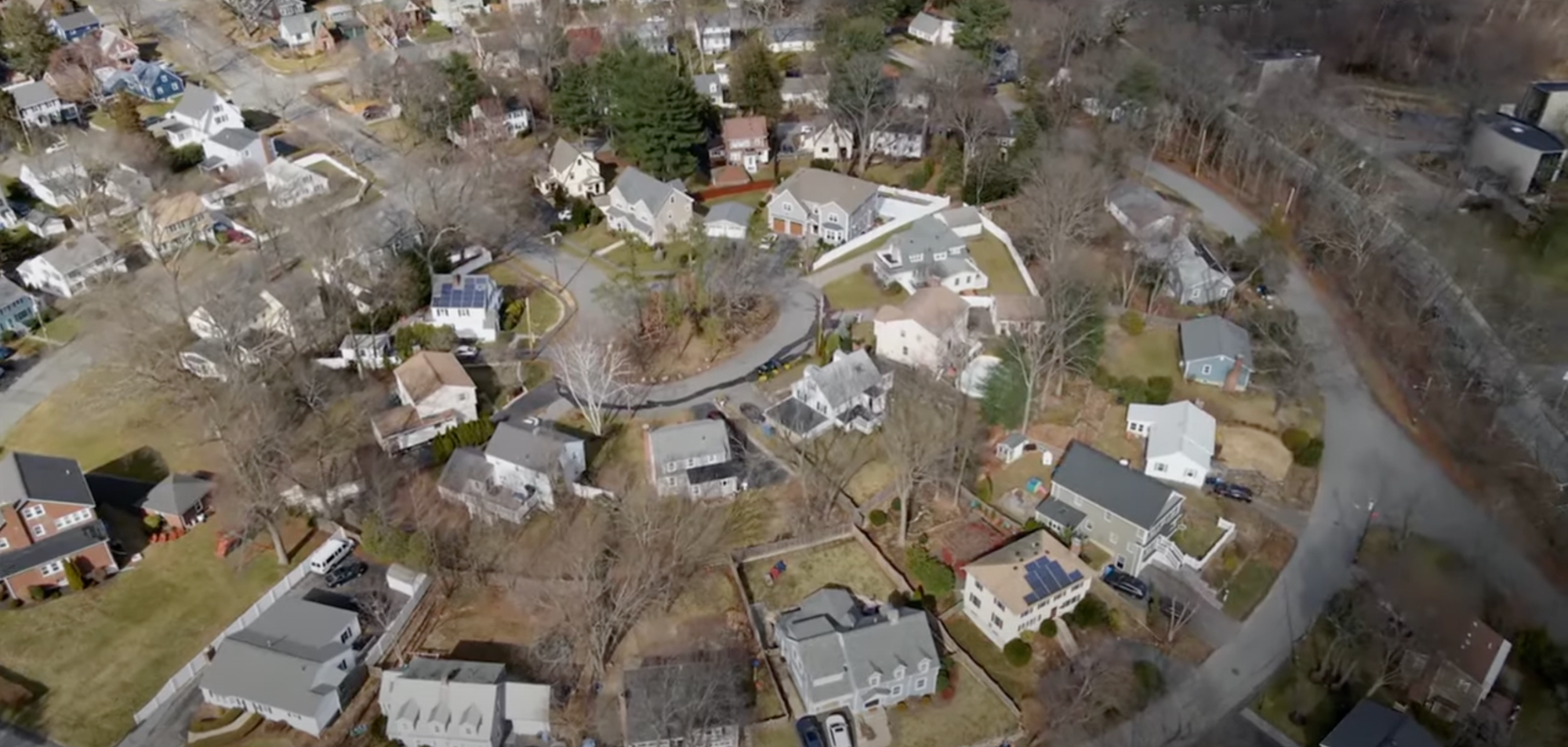
Obviously you didn’t want it to be schlocky and cheap like some true crime stuff is.
Yeah that was a huge concern, and I really fought hard to not make it that way. Yes, I wanted it to be accurate to the horror that was inflicted on these men, and the reality of the emotions and the pain of what happened, but without making it unnecessarily sensationalized. We worked with a great team, but yeah, that was one of my number one concerns for sure.
With the surge in popularity of true crime stuff, do you think a much larger number of people are going to pay attention to this story now in a way that they might not have with all your written pieces and stuff?
Well… I think so. I think people are going to pay attention because of the passage of time. Hopefully that will allow people to reflect a little differently. I also think because marijuana has been legalized that is a huge difference in how these men are going to be looked at. I have a complicated relationship with true crime. For me, my mission is just to tell a true story. That’s the lane I’m sticking to.
Speaking of the passage of time. I don’t spend too much time thinking about this stuff anymore. Every now and again, or on the anniversary of the bombing sure. But I was kind of surprised how it was evoking all these emotions for me that I hadn’t felt in a long time. About the bombing, and about Watertown, where I lived at the time of the manhunt, and I obviously spent a lot of time in Waltham. It was really sort of emotional for me. I think that will probably happen with a lot of people around Boston.
I think it’s interesting that this is really a part of the narrative of the bombing that we haven’t contended with as a community surrounding Boston. The narrative of the heroism of law enforcement around the bombing, this doesn’t detract from that, but it’s another through line that is just as important.
If you had to boil it down, is this a failure of police to investigate a case, which likely would have prevented the bombing, or is it something more nefarious? I’m not a super conspiracy-minded person. Police are either lazy or fuck up investigations all the time every day around the country, so maybe this was just that. But it’s hard to deny that something about this whole story fucking stinks?
When we’re talking about the investigation in Waltham, the apparent negligence reaches a higher standard than average. It was shocking to me to find out how this case was investigated. I think, again, one of the things that I really stuck to in telling this story is not coming up with theories. I think those theories have actually done harm to the story in some ways. When people speculate why people might have done stuff they kind of miss the picture of, ok, let’s look at what happened on the ground. Look at what we can say for sure. This case does not appear to have been investigated thoroughly. Why? I think if you go up the ladder there, why wasn’t the called in tip about Tamerlan Tsarnaev investigated thoroughly? I think the question of why almost distracts from the fact that he wasn’t. That’s what this story is looking at. What do we know for sure?
Part of the reason I was so motivated to investigate this case was because of all the conspiracy theories that sprung up about my friend’s murder. My first introduction to Alex Jones was him yelling about my friend Erik Weissman, and having some government conspiracy about his death. Talking to people around the case, those were the kind of people they were looking to for answers because there was no one else to turn to. One of the biggest hurdles I had to face is that the conspiracies surrounding this story have terrified people so much that they won’t talk to me. They hear ramblings about the CIA or whatever. What I thought to do was just find out what we know for sure. It’s a terrible story. It’s a dark story. But at least it doesn’t leave those lurking unknowns.
When talking about law enforcement on the local level, the state level, the FBI, and how this case has been presented by federal prosecutors at the United States Supreme Court last year, there is all this misinformation that’s incredibly damaging. In looking at this case it means also looking at the misinformation that Tamerlan Tsarnaev was consuming at the time. I think we’ve been looking at Tamerlan Tsarnaev through a much more narrow lens of Islamic radicalization, where to me he seems more akin to, perhaps, a Pizzagater. … So that’s part of what drove me. The legacy of this story should not be more conspiracy theories.
So, I report what I can prove. I explore different theories as I go in the background, but the story is what I can prove. I think we can’t get lost in the fantastic nature. Because it truly is a crazy story, right?
It really is! It lends itself to fantastical thinking. Did you ever get a solid answer for why, and correct me if I’m wrong, Tamerlan was known to the FBI six months before the Waltham murders. So they knew about him before the murders but didn’t think to question him after his friends were killed?
You’re talking about a tip that went to the FBI and a murder case that was investigated by Middlesex County [Boston, Waltham and the surrounding area]. Those are two different actors. Why wasn’t he questioned about the Waltham murders? It’s potentially a failure of intelligence sharing because of that tip. But you also at the time have people telling the local police, hey, this guy didn’t show up to Brendan Mess’ memorial. That’s another reason why he should be questioned. The fact of the matter is that he wasn’t. These are questions people can pick up and pursue, but I’m just trying to report my findings.
Then there are other strange things. Rafi Teken's apartment was robbed on the same day as the murders. The police seemed disinterested in hearing from the victims’ families. I know you’re trying not to speculate, but I would really like to know if this was just cops being lazy or something else. I guess you don’t really want to say.
I have to be really delicate in what I say and don’t say, but I will be able to go into more detail on every level of this case in the book. For now I think the documentary speaks for itself.
The thing that galvanized all of this for you was Todashev being shot and killed by the FBI in the middle of his confession for the Waltham murders. You explain it well in the series, but for people who haven’t seen it… That’s fucking weird right?
Oh yeah. It’s crazy. It’s completely bizarre. I think the focus of where I looked in the series was not limited to the three men in the room in Florida, but the Middlesex ADA who told the officers not to arrest him, and let him wander around the room for an hour and a half after he’d confessed to the murders. A trained fighter in his own home. Who’d just confessed to a triple homicide. And the Middlesex ADA says not to put him in cuffs. So I think, the point of this reporting is to focus attention on elements of this case that have been potentially overlooked.
One thing where you do sort of put your finger on the scale in terms of an opinion is you suggest the government has been purposefully excluding information about the Waltham murders from Dzhokhar Tsarnaev’s case, because they think it would complicate their attempt to get a death penalty conviction, right? [The idea from the defense is that if Tamerlan had been properly investigated for the murders and arrested he wouldn't have been able to enlist his younger brother in the bombing two years later.]
I think you see a clear motive on behalf of the government to minimize and perhaps not solve the Waltham murder case because of the way it plays out in Dzhokhar Tsarnaev’s murder trial. That’s not really an opinion that’s a fact in how the nature of the bombing trial and the appeals all the way up to the Supreme Court went.
How do we not get from there to be able to say it’s a fact that the government doesn’t want to…
It’s not a fact that they don’t want to, it’s a fact that that’s a motive. I think what you see in the story is just a pattern of minimizing the Waltham case, and not paying attention to the truth because it’s inconvenient for whatever reason. That’s not necessarily nefarious. You could say the government has a vested interest in serving justice by putting Dzhokhar Tsarnaev to death. But if that complicates the facts, at what cost? I think at every level this story has been inconvenient for law enforcement. From the bottom all the way to the top. I think it’s too important of a story to continue to look the other way. I think looking away has actually caused more damage and harm.
Meanwhile the families of these three men have been left in limbo. I know the government is cruel all the time. People are crushed by the indifference of the government and the actions of police every single minute of every day, but it does seem very cruel to leave this case open all this time. Murders are hard to solve, sure, but it’s been eleven years. Why aren’t the local police or the state police more embarrassed by their inability to solve this very sensational, highly publicized murder?
I have a close relationship with Erik’s sister, and the sense in her family is that they’ve been written off as a drug dealer’s family. That shame and harm was extremely damaging and traumatic to them. Today if you talk to the family they do not want pity. They do want people to pay attention to this case so it doesn’t happen to another family.
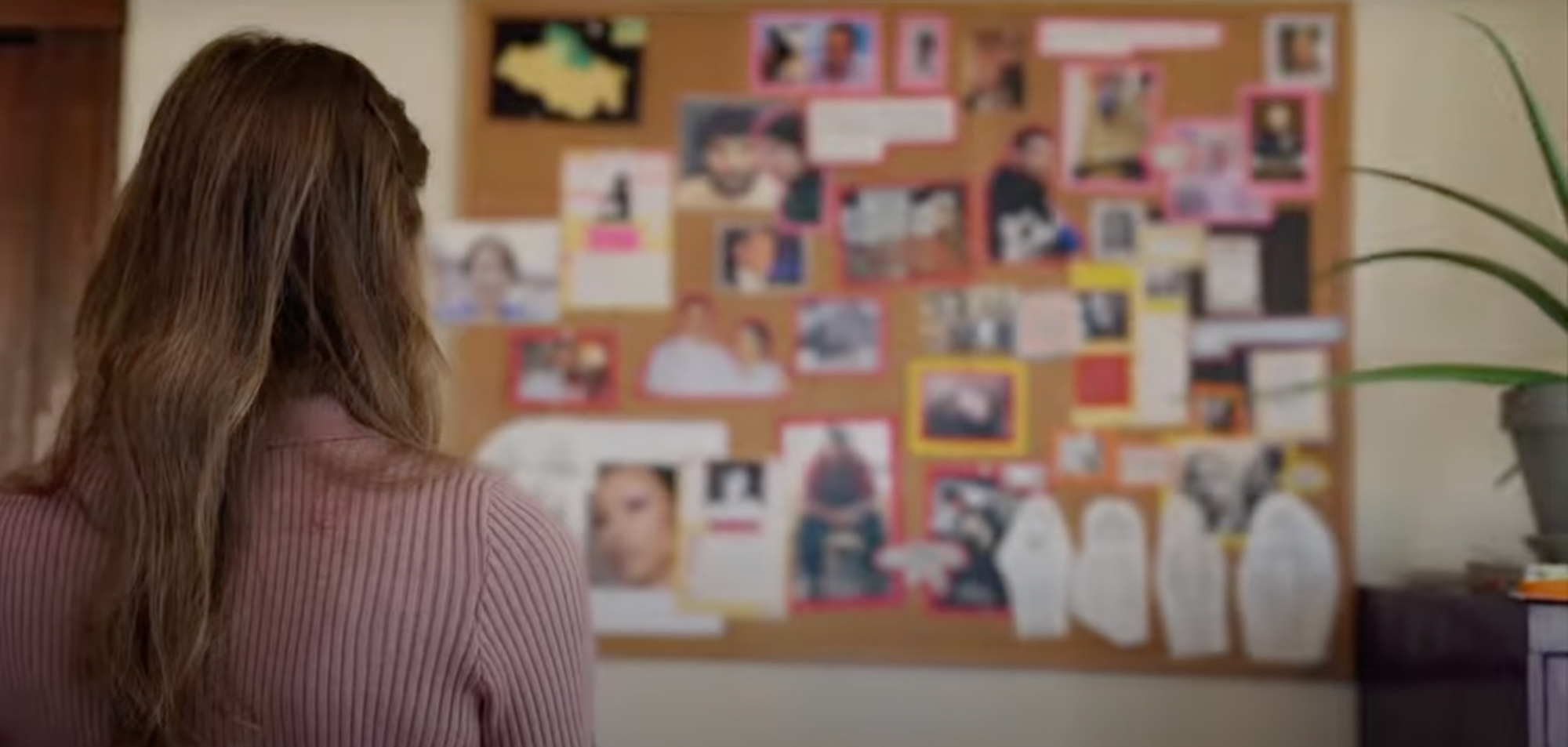
I know there was that sentiment in the media at the time. Drug dealers murdered. Probably a drug argument type of thing. That’s the type of reporting you see in the media a lot that makes nice home owners think, ok, I probably don’t have to be scared about this. These drug dealers probably had it coming. These are human beings though. They didn’t have it coming because they allegedly sold marijuana. Something which, by the way, in my town not far from Waltham now, I could walk to two different dispensaries in five minutes as we speak. It’s very frustrating.
I mean, this was such a uniquely unusual murder. As somebody who had followed criminal cases in the Boston area my whole life, I had never heard of a homicide like this. And let’s say they did have it coming, right? Let’s say these were three terrible people and there’s no need to have any sympathy for them at all. Don’t you still want to solve a homicide case? That’s what I’m talking about with the fundamentals of society. Back to ancient Greece. Why we have a government is so things don’t turn into blood feuds. So we don’t take matters like these on ourselves. There’s no less impetus for solving a murder if you don’t like the victim. I happen to like one of the victims very much. I know their friends and family loved Brendan and Rafi as well. They played a lot of positive roles in their community as well. But that really shouldn’t matter. You have three men with their throats slit in suburban New England with drugs all over their bodies? I’ve never heard of anything like that.
The sort of ritualistic or stage-set nature of it... The marijuana strewn around. $5,000 left behind. That seems like it was done on purpose. The setting of the crime scene.
It looked staged. What struck me immediately about this case was this was done by somebody that really enjoyed killing. Who really liked it. Who got a thrill out of it. That’s what made me so sick and so scared. It was shocking to me that more people in the media didn’t take this story seriously. And look, I was friends with the victim, this is what my gut was telling me as a reporter. And I questioned myself, because nobody else was taking this seriously. That’s what shocks me, that law enforcement didn’t take this seriously. You have people with their throats slit! It’s hard to slit somebody’s throat, let alone three people. Think about the brutality involved in this crime. Why didn’t they go to the gym where these guys all trained? Gerry Leone, the District Attorney at the time, is a boxing referee.
Why wouldn’t he think…
Why wouldn’t he think to say maybe we should check out these guys’ sparring partners? Go to their gym! Who has the physicality to take three men down like that? That was the question that was running through my mind as soon as this murder happened. It’s shocking to me that they didn’t treat this with more urgency. That they did not reach out to the public for more help and information. It is shocking.
Brendan Mess was a boxer too, right?
He was a kick boxer. He was a good fighter. These were three strong men with abilities. How do you take them down?
It is shocking. It’s shocking that it happened and that there hasn’t been more done to figure it out.
I wanted to ask what you hope comes of this? I think I can guess what you hope, but do you have any optimism that this is going to give law enforcement a sort of kick in the ass or…
This is not an essay about law enforcement. This is a story about one case in particular. And my job from the beginning has been to tell the truth about what happened, and make as many people aware as possible. What comes next? I hope other people ask questions too. I hope other people ask questions of law enforcement and politicians. My end game is just to do what I could do to get the story out there. Tell it respectfully, thoroughly, and fairly, and make as many people aware about what happened as possible.
